If you’re not sure when to use a hyphen, you’re not alone. Students on all our courses regularly make punctuation mistakes related to hyphenation.
And it’s not only our students who struggle with hyphens. Professional proofreaders and copyeditors struggle to remember hyphenation rules all the time. We’ve even spotted mistakes with hyphens in the DipTrans examiner reports!
Do a quick review with this quiz!
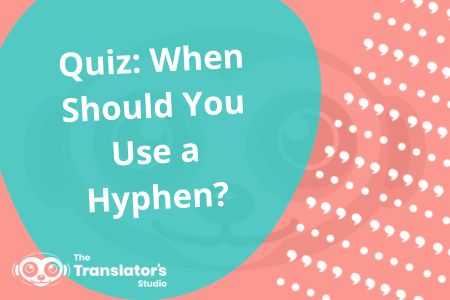
Quiz questions about when to use hyphens
Are the hyphens in the phrases below right or wrong?
1. A highly-wicked chocolate cake.
2. A cheese of the highest-quality.
3. A high-end wine.
4. The highest-calorie option.
5. The highest-selling vegetarian option.
Scroll down for the answers!
Get a certificate in punctuation!
- Learn punctuation fast
- Get confident
- Build up your CV to impress clients
Answers to the quiz on when to use hyphens
1. Wrong. There are no hyphens in compounds with -ly adverbs.
2. Wrong. There’s normally no need for a hyphen if an adjectival compound made up of an adjective and a noun comes after the noun it modifies.
3. Right. Put a hyphen in an adjectival compound that’s made up of an adjective and a noun when it comes before the noun.
4. Right. See note three, the same goes for most superlative adjectives.
5. Right. Compounds made up of adjectives and verb participles are always hyphenated.
What we think: If you need help with confusing punctuation marks, this book has you covered.
Get Punctuation Pro!
The detailed rules of English punctuation are complex. Professional proofreaders, copyeditors, translators and writers should know them. Learn them once and for all with Punctuation Pro and impress clients with your certificate and stamp.
What we think: This book is a punctuation classic. It'll help you understand the difference between good and bad punctuation while keeping you entertained along the way.

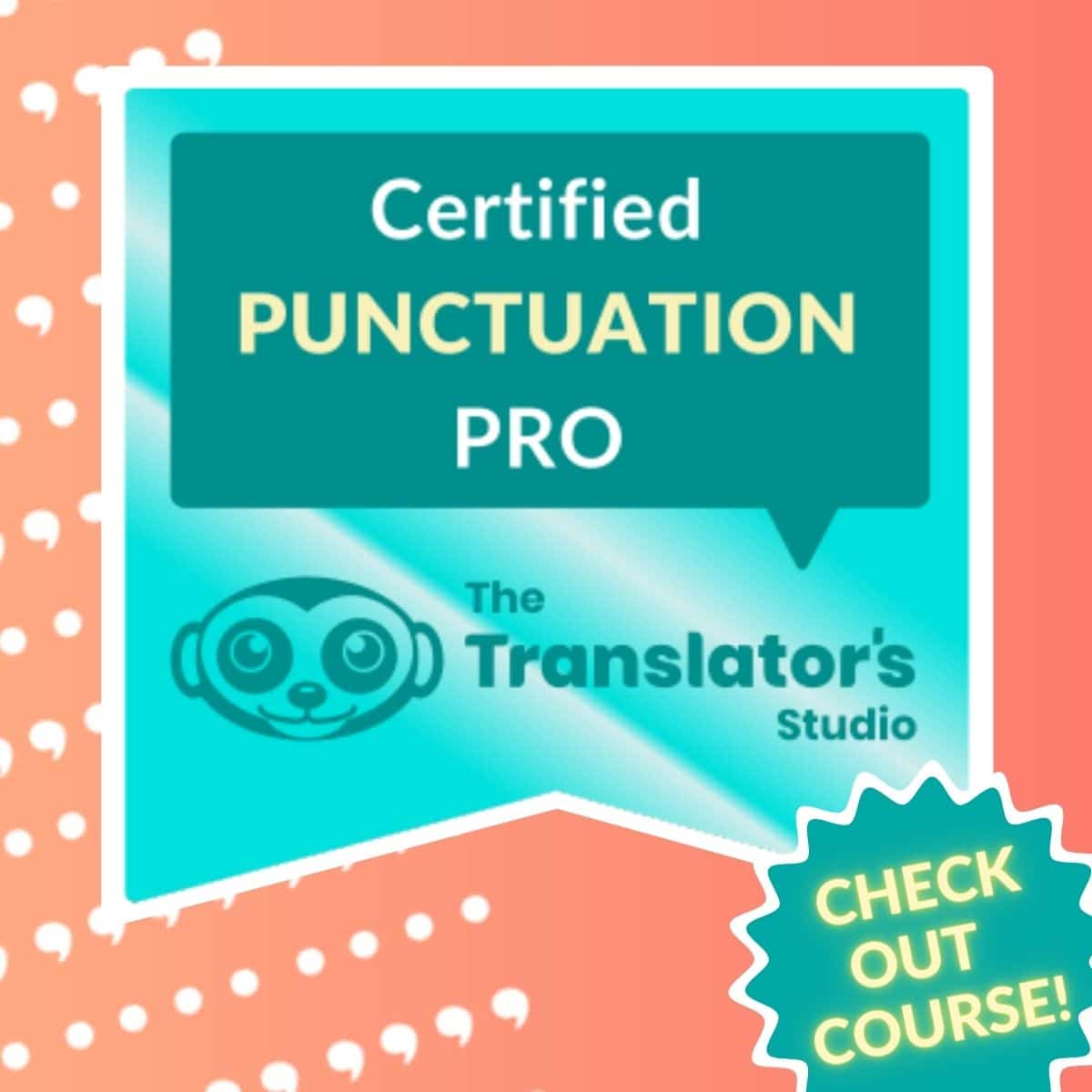



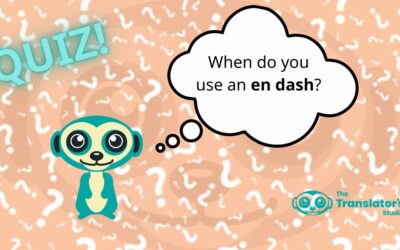
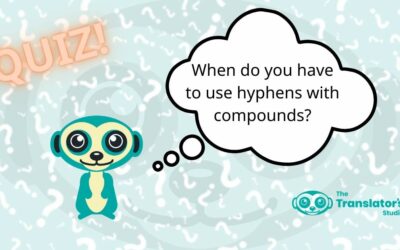
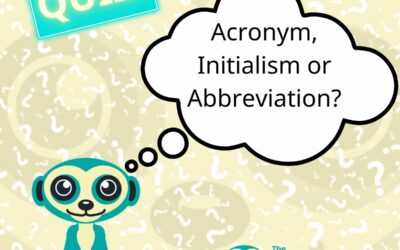
0 Comments